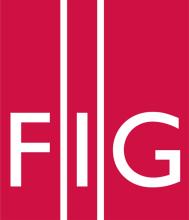Resource information
Language and technology barriers are a very serious constraint to effectively exchange and learn from land data, information and technologies across the globe. We would like to explore whether we can gain inspiration from how semantic web technologies have overcome knowledge-sharing challenges in other sectors, such as the agriculture sector. With emerging technologies, new tools and ever-growing amounts of land data, we face a very real risk of losing the overview. Without this overview, data is much less likely to be used and thus be useful. We will particularly look at the use and value of controlled vocabularies for the land sector.
Land is a topic that is debated in many languages, across different (academic) disciplines and in all parts of the world. Furthering our collective agenda, sharing and learning from knowledge and perspectives from other contexts, or transitioning technological innovations from one country to the other is complicated by - among many other aspects - language and terminology barriers. Many attempts have been made in the past to find common definitions and terminologies for issues related to land, but a wide consensus or adoption has never been reached. Understandably so: one can only imagine the heated and controversial discussion to reach agreement on what we mean exactly when we use the word ‘property’. It simply does not have the same meaning in each country or context. It is a daunting and arguably impossible task to reach this global consensus. In this paper, we will present our experience with controlled vocabularies and the opportunities and challenges it can bring.


